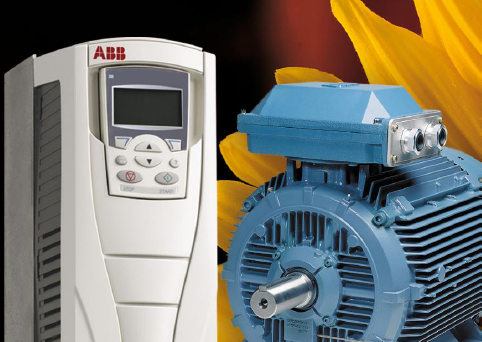ABB Technical Guides - Motor Operation
 ABB has produced a range of technical guides that offer concise explanations of the major technologies and technical issues in low voltage AC drives. The technical guides cover subjects such as the basics of variable-speed drives, dimensioning a drive system, electrical braking, harmonics and AC drives, and bearing currents.
ABB has produced a range of technical guides that offer concise explanations of the major technologies and technical issues in low voltage AC drives. The technical guides cover subjects such as the basics of variable-speed drives, dimensioning a drive system, electrical braking, harmonics and AC drives, and bearing currents.
Currently the ABB site lists the following guides:
- Application Guide, Guide to extruders in AC drives
- Sustainability guide, Driving energy efficiency worldwide, ABB motors and drives
- Technical Guide, Direct Torque Control
- Technical guide, Functional safety
- Application guide, ABB drives, Using variable speed drives (VSDs) in pump applications
- Technical Guide, EU Council Directives and Adjustable Speed Electrical Power Drive Systems
- Technical guide, EMC compliant installation and configuration for a power drive system
- Technical Guide, Guide to Variable Speed Drive
- Technical Guide, Bearing Currents in Modern AC Drive Systems
- Technical Guide, Guide to Harmonics with AC Drives
- Technical Guide, Dimensioning of a Drive system
- Technical Guide, Electrical Braking
- Technical guide, Guide to motion control drives
The guides can be accessed at:
ABB Technical Guides - Motor Operation